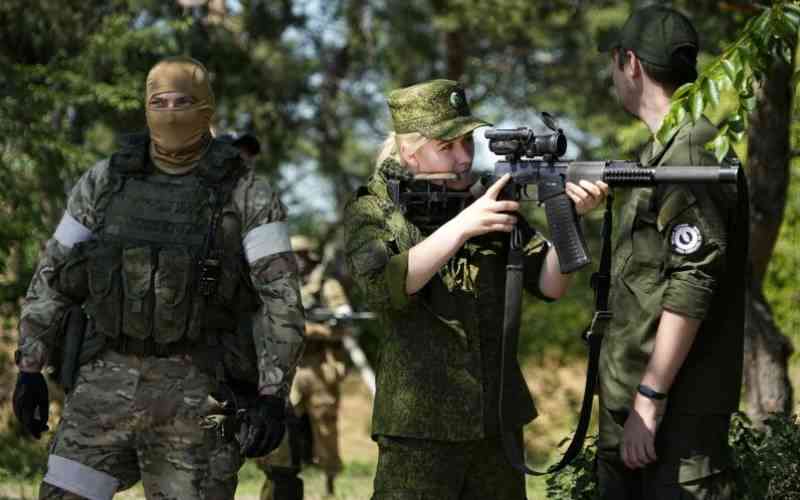
The prisoners at the penal colony in St. Petersburg were expecting a visit by officials, thinking it would be some sort of inspection. Instead, men in uniform arrived and offered them amnesty - if they agreed to fight alongside the Russian army in Ukraine.
Over the following days, about a dozen or so left the prison, according to a woman whose boyfriend is serving a sentence there. Speaking on condition of anonymity because she feared reprisals, she said her boyfriend wasn't among the volunteers, although with years left on his sentence, he "couldn't not think about it."